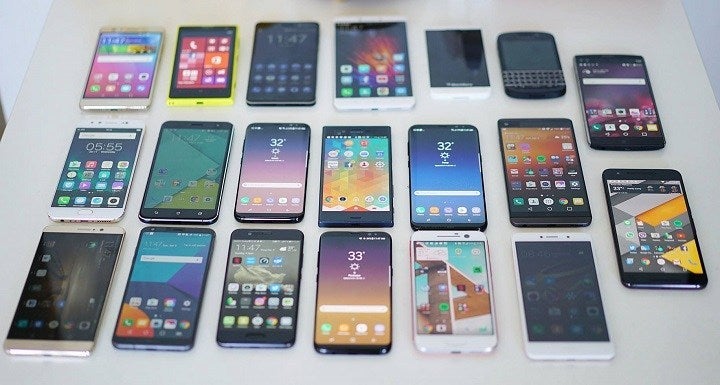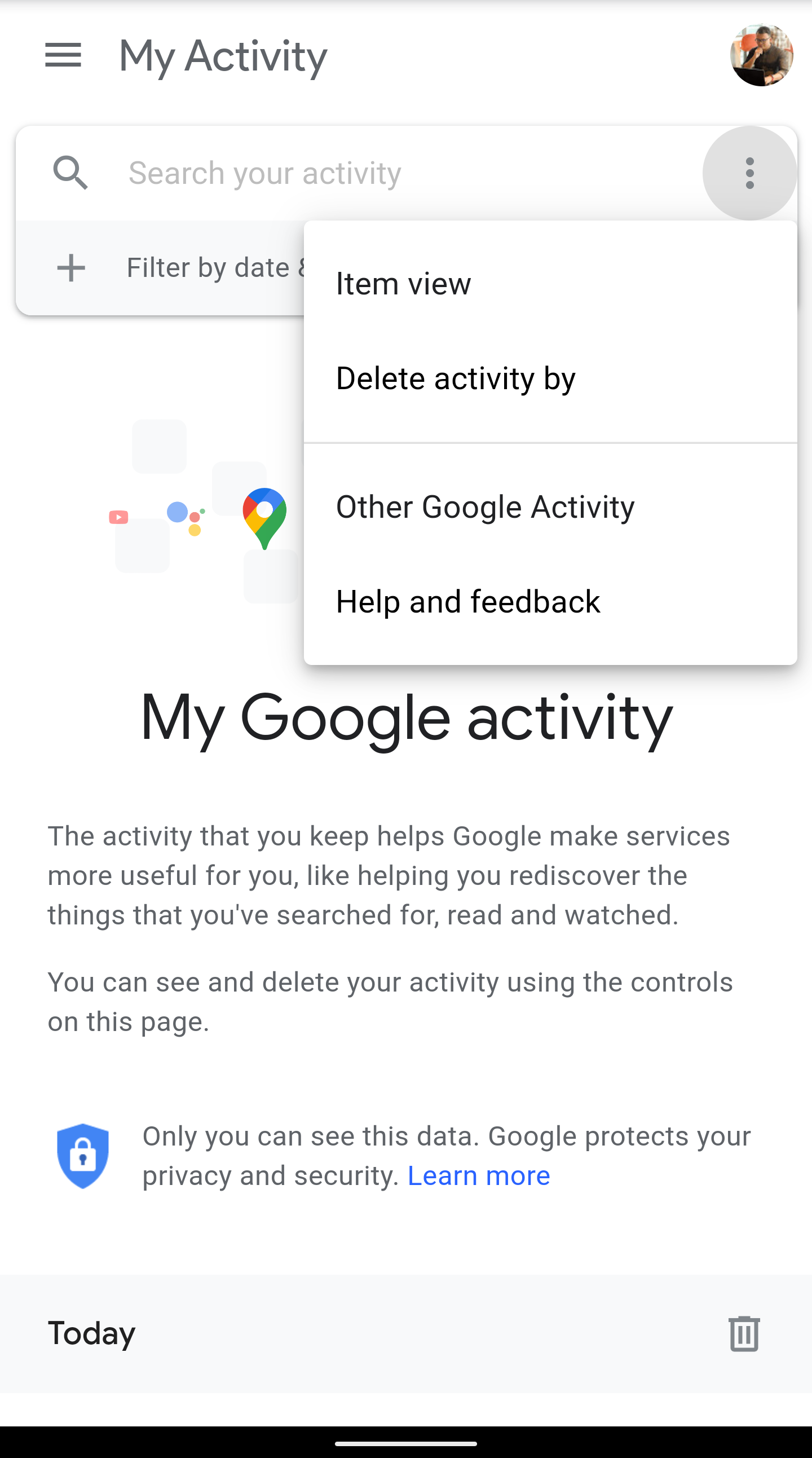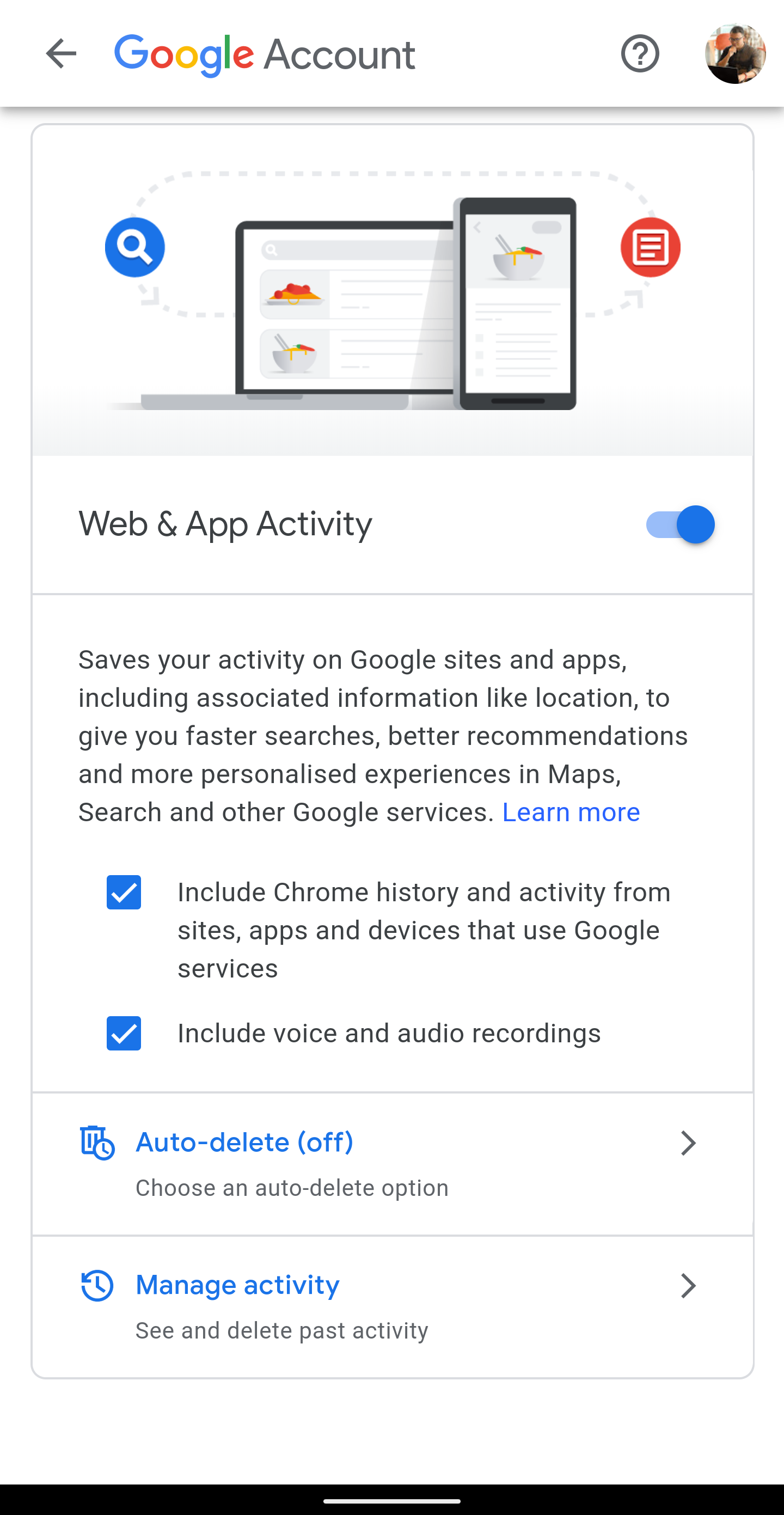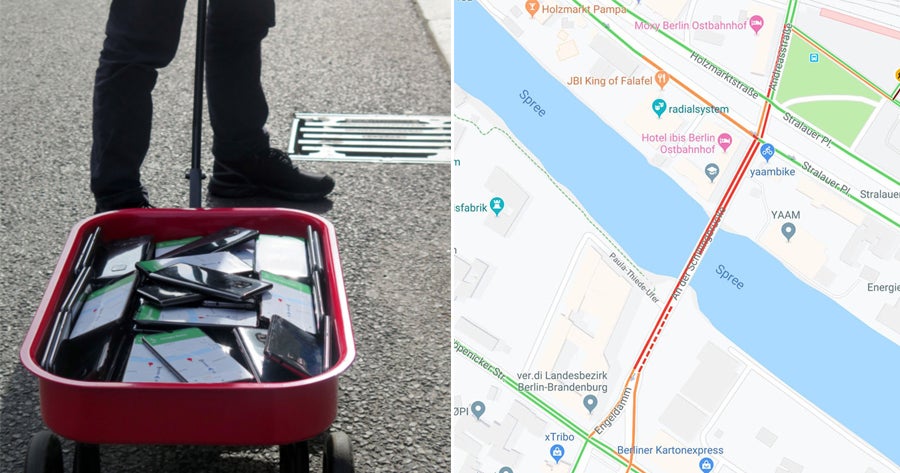Okay, that’s one big privacy concern from something we use everyday!
In 1965, the co-founder of Intel, Gordon Moore observed that the number of transistors per square inch on integrated circuits will double for every year since the integrated circuit was invented.
This famous observation was then made into a theory called ‘Moore’s Law‘ whereby technology will advance at such an exponential rate, the likes in which we’ve never seen before. You can find out more about this via this article by Investopedia.

Nothing exemplifies this growth than our smartphones which somehow gets faster every year. The same can be said for Artificial Intelligence as well, which is now readily available in our pockets through smart voice assistants such as Siri and Google Assistant.

In terms of usability though, Google Assistant trumps Siri thanks to the utilisation of Google’s immense user search data. Google Assistant could comprehend and mimic human behaviour to the point that with the rollout of Google Pixel 3 in 2018, Google showcased how it could make a voice call to a restaurant and adapt its responses to sound eerily human. Called Google Duplex, it is still confusing the hell out of restaurants to this day according to the Verge.
Watch it here:
Well, it seems that this feat was achievable thanks to an invasion to our data privacy.
We all know that Google keeps a record of our personal search data for making personalized search results on the web. Through this data is where Alphabet Inc, Google’s parent company generate income: targeted ads. Basically, advertisers can pinpoint you based on our online behaviour and interests as recorded by Google.

However, many do not know that Google also keeps a record of ALL your voice searches in their database. How’d you think they got so good at voice recognition?
If you’ve ever played around with Google voice search whether through your desktop, smartphone or any other devices, they have all the recordings kept.
You can view and hear all of the recordings that the company has kept with these steps as showcased by this video by yours truly:
- Login to your Google Account at google.com.
- Click on your profile on the top right corner.
- Click on ‘Manage your Google Account‘ under your profile.
- Click on ‘Manage your data & personalisation‘ under ‘Privacy & personalisation‘.
- Scroll down and click on ‘My Activity‘
- You can now see all the data that Google has kept from you.
- Scroll to any voice searches and click details to view and hear the recordings.
Pretty creepy right?
Google claims that the data won’t be shared with any third parties but can you really trust a company that keeps recordings of all your conversations? I mean, if it was a person, we’d be calling the police on that stalker!
Thankfully, you can delete all these queries by pressing on the trash logo on each of them.

You can also delete the data by bulk by pressing the three dots on top of the ‘My Google Activity‘ page and select ‘Delete activity by‘.
You will have an option as per below to input the range of the search data you want to delete:

If you’re not gonna let Google keep any of these data, you can disable search history of certain things by:
- Go to ‘Manage your data & personalisation‘
- Click on ‘Manage your activity controls‘ under ‘Activity Controls‘
- Uncheck ‘Include Chrome history and activity from sites, apps and devices that use Google services‘ and ‘Include voice and audio recordings‘ as per below.

Oh by the way, Google also keeps all the locations you’ve been to if you allow ‘Location history‘ under ‘Activity controls‘.
Might as well uncheck that too while we’re at it. In conclusion, dear Google, please stop stalking us. Thanks! 😛
Also read: This Guy Created Virtual Traffic Jams On Google Maps By Dragging Around 100 Phones In a Wagon







































